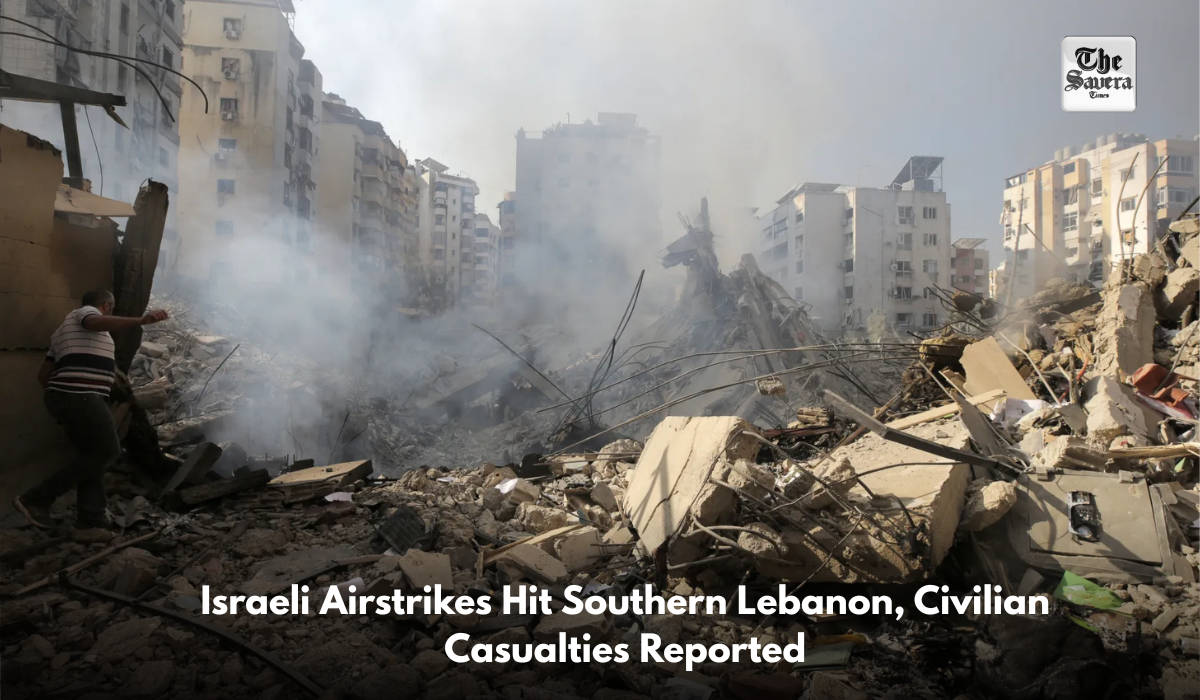
The Israeli army launched a wide and intense air assault on Friday targeting multiple locations in southern Lebanon, including forested highlands and a residential area, killing one woman and injuring 15 others, according to Lebanese authorities.
Bombardment across several regions
Warplanes bombed forests in Ali Al-Taher and the highlands of Kfar Tebnit and Nabatieh Al-Fouqa, using concussion rockets that caused massive explosions heard across the region, Lebanon’s official National News Agency NNA reported.
In less than 10 minutes, Israeli aircraft renewed their bombardment on the same areas.
One killed and dozens wounded
Separately, the Health Ministry’s Emergency Operations Center said an Israeli strike on a residential apartment in the city of Nabatieh killed one woman and wounded 11 others.
Four other civilians were injured in earlier Israeli air raids in the south, bringing the total injured to 15.
Israel confirms attack on Hezbollah
Meanwhile, the Israeli army claimed in a statement that it conducted an airstrike on a Hezbollah site located on Mount Shqif in southern Lebanon.
According to the army, the strike targeted the site under the pretext of preventing its reconstruction.
The Lebanese group Hezbollah had not issued any immediate response to the army’s claims.
Background
Israel launched a wide-scale assault on Lebanon on Oct. 8, 2023, escalating into a full-scale war by Sept. 23, 2024. According to official data, the conflict has killed more than 4,000 people, wounded over 17,000, and displaced nearly 1.4 million.
Israeli forces have conducted near-daily attacks in southern Lebanon, claiming to target the Lebanese group Hezbollah’s activities despite a ceasefire between Israel and Lebanon that was reached last November. The truce ended months of cross-border warfare between Israel and Hezbollah, which escalated into a full-scale conflict in September.
Lebanese authorities have reported nearly 3,000 Israeli violations of the truce, including the deaths of at least 208 people and injuries to more than 500 since the agreement was signed.
Under the ceasefire deal, Israel was supposed to fully withdraw from southern Lebanon by Jan. 26, but the deadline was extended to Feb. 18 after Tel Aviv refused to comply. Israel still maintains a military presence at five border outposts.
